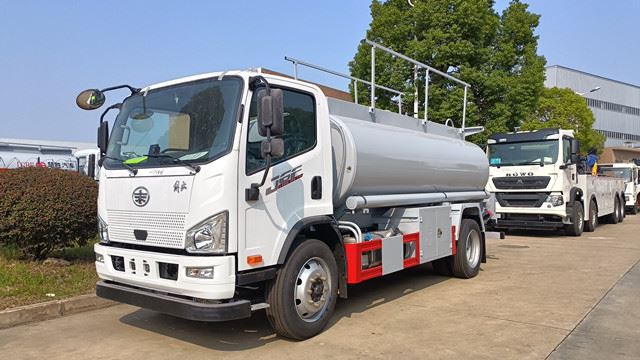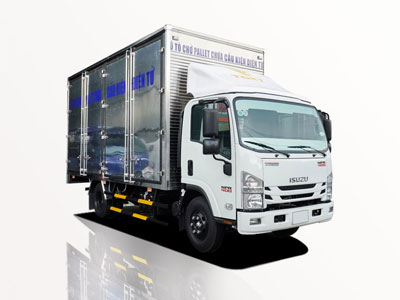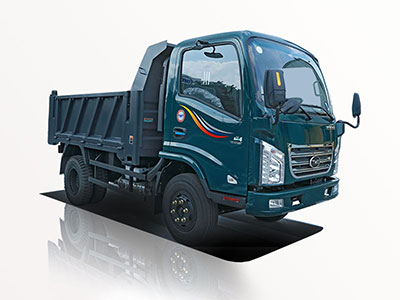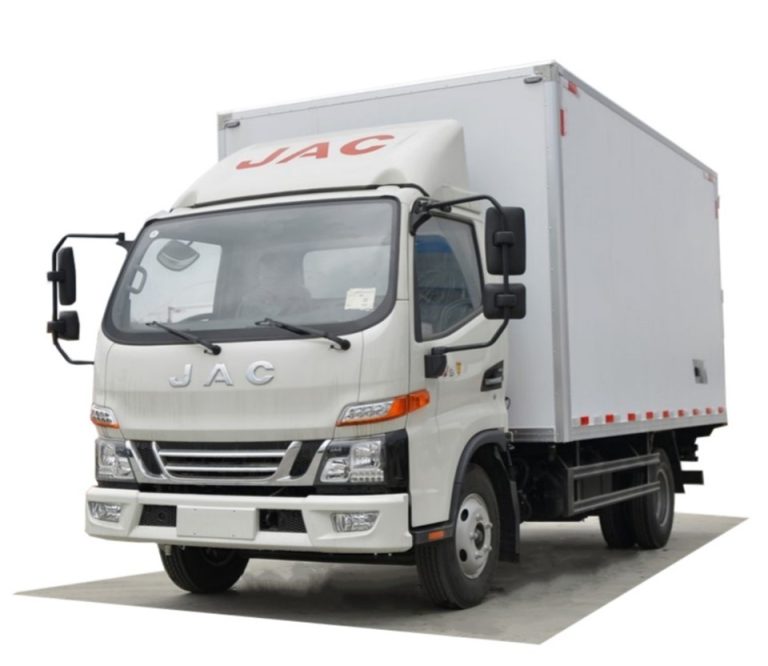Electric trucks are revolutionizing the way goods are transported, offering a sustainable alternative to traditional diesel-powered vehicles. As global concerns over climate change intensify, the push for greener transportation options becomes increasingly important. This article will delve into the key players in the electric truck manufacturing industry, exploring their innovative technologies, market strategies, and future prospects.
Understanding Electric Trucks
What Are Electric Trucks?
Electric trucks are commercial vehicles that operate using electric motors powered by batteries instead of relying on internal combustion engines. These trucks are designed to reduce carbon emissions, lower fuel costs, and enhance the overall efficiency of transportation operations.
The Importance of Electric Trucks
The transition to electric trucks not only benefits the environment but also offers economic advantages. With rising fuel prices and the impending regulations on emissions, businesses are turning to electric technology to reduce operational costs and meet regulatory requirements.
Leading Electric Trucks Manufacturers
Tesla
Tesla is perhaps the most well-known electric vehicle manufacturer globally, with its Tesla Semi aiming to transform the freight industry. The Tesla Semi boasts impressive specifications, including:
- Up to 800 km range on a single charge
- Acceleration from 0-60 mph in 20 seconds with a full load
- Lower energy cost per mile compared to conventional trucks
Rivian
Rivian focuses on both electric trucks and SUVs. The Rivian R1T offers a remarkable combination of performance and utility, including:
- A range of up to 400 miles
- All-wheel drive with up to 700 horsepower
- A versatile cargo bed that can support various outdoor activities
Lordstown Motors
Lordstown Motors is known for the Endurance, an all-electric pickup truck designed for commercial purposes. Key features include:
- A range of 250 miles
- Four-wheel drive capabilities
- Efficient design making it suitable for fleet operators
Freightliner
A division of Daimler AG, Freightliner is making strides in the electric truck market with the eCascadia and eM2. These heavy-duty and medium-duty trucks deliver:
- Up to 250 miles for eCascadia and 230 miles for eM2
- Robust charging infrastructure support
- Innovative safety features and telematics
BYD
BYD is a Chinese manufacturer leading the electric vehicle market globally. Their electric trucks have seen increasing adoption in various regions and come with:
- Long-range capabilities reaching up to 300 miles
- Durability and reliability in different weather conditions
- A strong track record in electric bus manufacturing that translates into quality trucks
Innovative Technologies in Electric Trucks
Battery Technology
At the heart of electric trucks lies advanced battery technology. The latest lithium-ion batteries offer longer ranges, quicker charging times, and greater longevity.
Charging Infrastructure
As electric trucks become more mainstream, the development of charging infrastructure is critical. Manufacturers are partnering with various stakeholders to establish high-speed charging stations across highways and urban areas.
Telematics and Connectivity
Modern electric trucks are equipped with telematics systems that monitor performance, battery health, and logistics in real-time. This data helps fleet operators optimize routes, reduce energy consumption, and enhance maintenance schedules.
The Environmental Impact of Electric Trucks
Emission Reductions
Electric trucks contribute to significant reductions in greenhouse gas emissions. By replacing diesel trucks with electric models, companies can greatly decrease their carbon footprint and comply with stricter environmental regulations.
Sustainability Initiatives
Many electric truck manufacturers engage in sustainability initiatives, such as using recycled materials, implementing energy-efficient manufacturing processes, and sourcing renewable energy for production.
The Market Landscape for Electric Trucks
Market Growth and Trends
The electric truck market is projected to grow rapidly in the coming years. Major trends influencing this market include:
- Government incentives for electric vehicle adoption
- Increased consumer demand for eco-friendly transportation solutions
- Technological advancements leading to improved performance
Challenges Facing Electric Truck Manufacturers
Despite the promising future, manufacturers face several challenges:
- High production costs compared to traditional trucks
- Limited charging infrastructure in certain regions
- Concerns regarding battery disposal and recycling
Practical Considerations for Businesses
Cost Analysis
Businesses should conduct a thorough cost analysis when considering electric trucks. Factors to consider include initial purchasing costs, maintenance expenses, charging infrastructure investment, and potential savings from fuel efficiency.
Case Studies
| Company | Type of Electric Truck | Benefits Experienced |
|---|---|---|
| Walmart | Tesla Semi | Reduced fuel costs by 30%, lower emissions |
| PepsiCo | Freightliner eCascadia | Improved logistics efficiency and brand image |
| Amazon | Rivian R1T | Enhanced delivery speed, reduced carbon footprint |
Industry Partnerships and Collaborations
Strategic Alliances
Partnerships between electric truck manufacturers and technology providers, power companies, and fleet operators are pivotal in accelerating the adoption of electric trucks. These collaborations focus on enhancing technology, expanding infrastructures, and jointly investing in research and development.
Government Collaborations
Governments worldwide are increasingly partnering with manufacturers to roll out pilots and infrastructure projects, further supporting the electric truck market.
Future Prospects for Electric Trucks
Innovation and Research
The future of electric trucks depends on ongoing research and innovation in battery technology, autonomous driving systems, and sustainable production techniques. Manufacturers are heavily investing in R&D to improve their offerings continually.
The Role of Policy
Government policies will play a vital role in shaping the future of electric trucks, with regulations aimed at reducing emissions and promoting sustainable practices. Grants and incentives for businesses adopting electric trucks can accelerate this transition.
FAQs About Electric Truck Manufacturers
1. Who are the top electric truck manufacturers?
The leading electric truck manufacturers include Tesla, Rivian, Lordstown Motors, Freightliner, and BYD, each contributing to advancements in electric vehicle technology.
2. How far can electric trucks travel on a single charge?
Electric trucks can typically travel between 230 to 800 km on a single charge, depending on the model and battery capacity.
3. Are electric trucks more cost-effective than traditional trucks?
While the initial purchasing cost may be higher, electric trucks tend to have lower operational costs, including fuel and maintenance savings, making them cost-effective in the long run.
4. What are the environmental benefits of electric trucks?
Electric trucks significantly reduce greenhouse gas emissions, contributing to improved air quality and a decrease in fossil fuel dependency.
5. What challenges do electric truck manufacturers face?
Manufacturers contend with high production costs, limited charging infrastructure, and concerns regarding battery disposal and recycling.
6. Will electric trucks become mainstream vehicles?
With increasing environmental concerns, government regulations, and advancements in technology, electric trucks are on track to become mainstream in the transportation industry.





